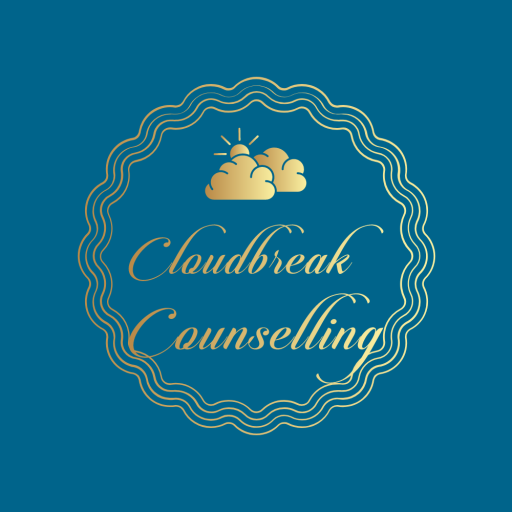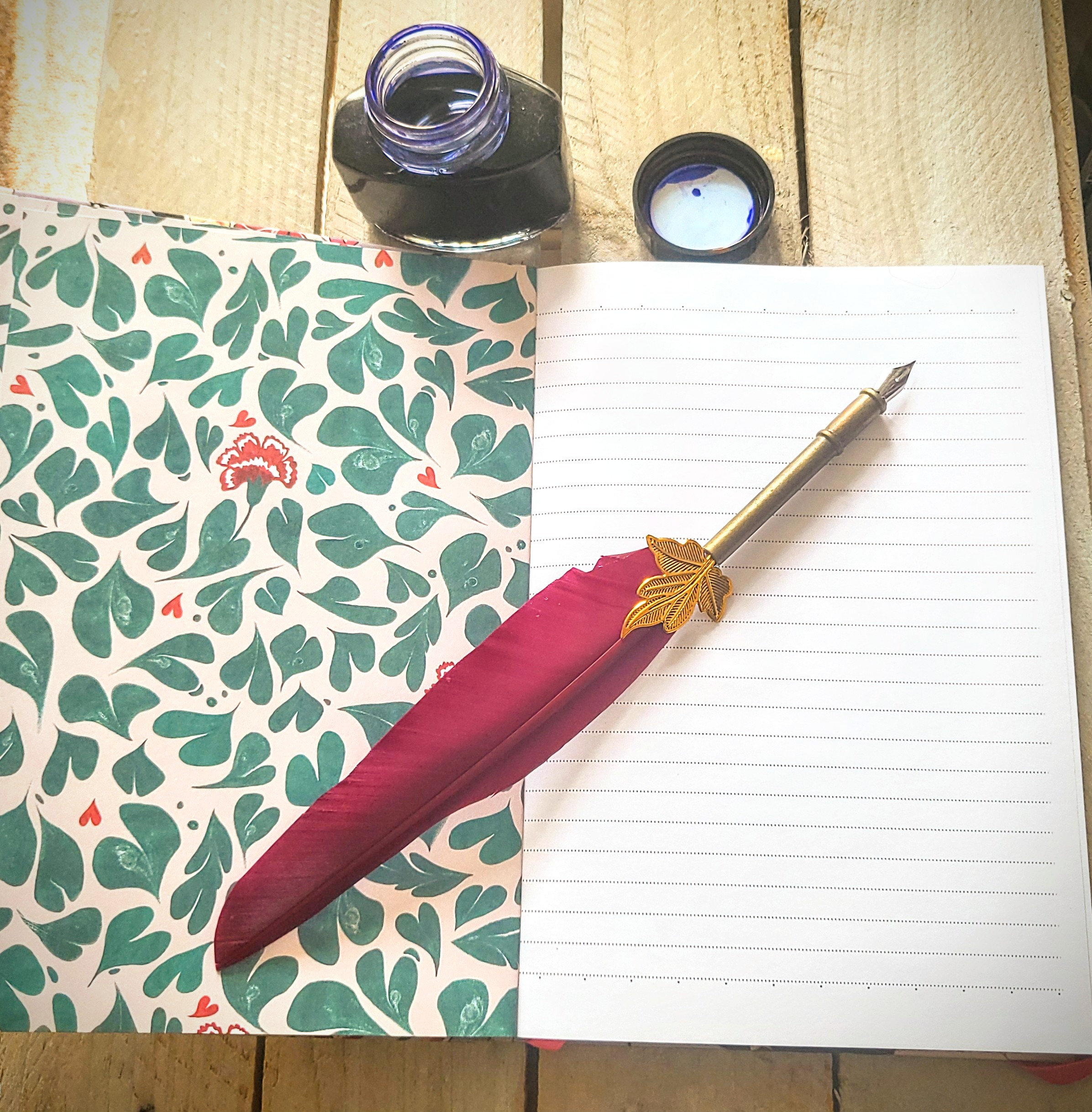Recently, someone told me that they didn’t need therapy as they have good friends to confide in.
This got me thinking – how many people out there don’t seek therapy because they just offload to friends & family? Whilst I think close & intimate connections are so important, for me they don’t replace the benefits to be found in therapy. Here’s my ideas on why…
… 1 Good therapists are trained for at least 4 years.
(Please don’t ever pay a counsellor who has no qualifications. A lot of these popped up during Covid & they can definitely do more harm than good.)
- In a moral & ethical therapist this training will ensure all my following points.
2 In therapy it is all about YOU.
I don’t wait my turn to share when I experienced something similar. In that 1 hour, the sole focus is you and what you are experiencing.
3 Friends & family no matter how well intentioned, or how close the relationship have their own agenda for you, often subconsciously.
I see it with my closest friends, because I love them so much I struggle to stand back & not give them advice because I have a vested interest in their happiness. I also have a strong desire for all my clients to be happy, yet as I only know snippets of their lives I find it easier to stand back and just support them through their decisions; acknowledging that they are the experts on their own lives. With my friends I want them to benefit from my mistakes. I have known them for so many years that I can often slip into thinking that I know what is best and somewhere in that will be a gain for me, although it is often out of my conscious awareness.
4 Boundaries!
Whilst I’ve loved staying up til all hours dissecting my latest relationship problem with my nearest & dearest, I’ve also felt drained when my friends, family and even colleagues have done this with me. Don’t get me wrong, I do not begrudge them for a second, but if you’re tired, emotionally drained, or not in the best place yourself, the duration and frequency of calls &/or drop-ins can be overwhelming. Often with friends & family people struggle to say “no” to their own detriment. With therapy, you know where and when each week/fortnight you can discuss your concerns. You know that it isn’t appropriate to reach out to your therapist to discuss the issue between sessions (generally speaking), but the time you do have is yours, uninterrupted, & reliably so. If your therapist can’t do their best for you because of their own stuff they will reschedule. Whilst this may not feel like a positive at 1st blush, it is more ethical to do so than to run the risk of saying or doing the wrong thing. Plus, as you’re paying it’s about a quality and reliable service.
5 As therapists are bound by confidentiality, you can leave the session confident that your disclosures are going no further.
And yes, maybe we trust our besties, but sometimes even they may share with their partners, or mutual friends. I don’t think this comes from malice (not in my experience), but I think that when people share something heavy, it’s human nature to want to process that, & often that takes the form of discussing it with others. Counsellors may take elements of their work to supervision, but the focus there will be the impact the work may be having on the therapist, it’s not about the narrative; the he said, she said. Here also the supervisor may not necessarily even know the full name of the client, so confidentiality is held.
6 Therapy gives you a distance.
Your disclosures stay in the room. You don’t then go about your day to day life seeing your therapist, wondering if you’re being treated differently by them due to what you shared in the session. What you choose to discuss remains where you left it until you choose to broach that subject again.
Adding in to that distance are also 2 other key elements: 1.the therapists’ reactions & 2.the way you are viewed. I personally do not remain completely neutral when I am with clients as it doesn’t feel human to just sit there, expressionless, and I believe that doesn’t engender safety or comfort. It is a 2-way conversation after all. However, my responses are by far more considered, tempered, thoughtful & less animated & emotional than with my loved ones.
7 There’s no judgement with a good therapist.
It’s true that with my closest friends I haven’t necessarily felt strong judgement, but even any question that asks “why . . . ?” has a judgemental undertone. In asking someone “why” there’s an implication of ‘you shouldn’t have’ which calls upon the person to explain (justify or defend) themselves. Counsellors are not there to judge or interpret what you have said or done, only to really understand it from your perspective & help you through it. We know it is not our place, nor is it helpful to condemn or approve or disapprove – because again, it is not about us or how we feel. The focus is and shall remain on you. We look only at if you are judging yourself and will work with that.
I see it as my job to hold whatever my clients present and in doing so they can (once trust has been built) disclose anything without the fear of an argument or upsetting or angering me. They learn that they don’t need to censor themselves & this is why a therapeutic relationship can grow to become 1 of the most intimate you may ever experience. And through all these most intimate of disclosures, what I have been told has never impacted the warmth & compassion with which I treat that client. Every week, irrespective of what’s been presented I still see a human being who is courageous enough to seek help & is committed to change no matter how uncomfortable it gets.
8 Good counsellors will not ghost you or end a relationship without it being a 2 way process involving you both.
1 thing that makes me really sad is the breakdown of friendships that I once valued so highly. Friendships that were so intimate that they knew the best and the worst of me. When these friends have faded out of my life – either fully or partially – I’ve found myself feeling sad, vulnerable at them holding my secrets & it has impacted my levels of trust. However, with my previous and much loved therapist, she knew everything about me, but I had no negative feelings when we parted ways. It was fully discussed, mutually agreed & we spent the last 2 sessions on any unfinished business. I felt empowered to leave and I hold her in the highest regard to this day. It was a perfect, natural & mutually respectful ending.
9 Good counsellors are ethical counsellors.
They will belong to a professional body (I myself am with the BACP) who has an ethical framework in place to ensure it’s therapists are acting in their client’s best interests. For me, this means I have guidance against which I can determine the best course of action. It looks like showing beneficence and autonomy so my clients dictate how therapy looks for them – their goals & agendas and looking after their physical & mental well-being. I do not doubt that friends & family would wish for this too, but when our lives are so intertwined we can fall into giving advice, and it’s often our own stuff that colours that advice. Counsellors train to encourage clients to reach their own decisions – we do not tell them what to do. How many well intentioned relatives can say the same? I respect my client’s right to make mistakes & aim to continue being them to support them with no guilt, blaming or justifying needed when they do.
10 Counsellors not only listen, but we hear you.
We endeavour to hear your situation from your perspective. As a counselling tutor, many of my students have come to me saying “Wow! I thought I was a great listener, but I really wasn’t!” And this is why we train. Extensively. It’s one thing to sit with someone and talk, but to truly hear, understand and hold that disclosure without your own stuff impacting – these are skills that take years of practice.
So enjoy your loved ones. Share with them, confide in them, & solicit their guidance
if you choose to. But if you find yourself seeking more, then know that
therapy is an option & can offer you a space & relationship
unlike any other.




Leave a Reply